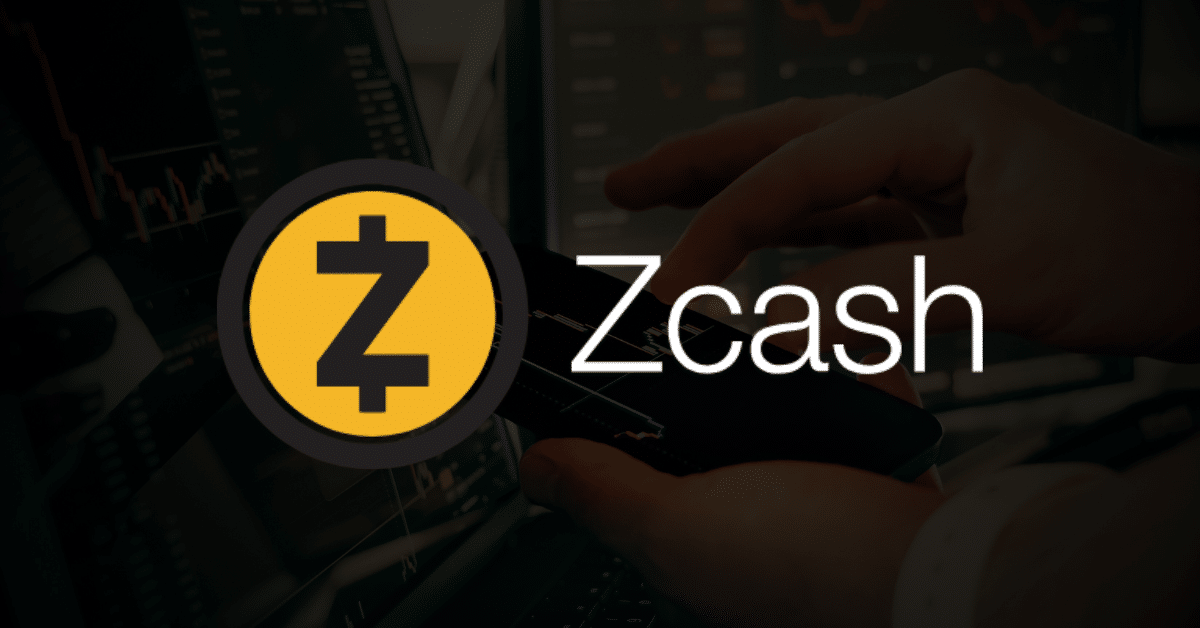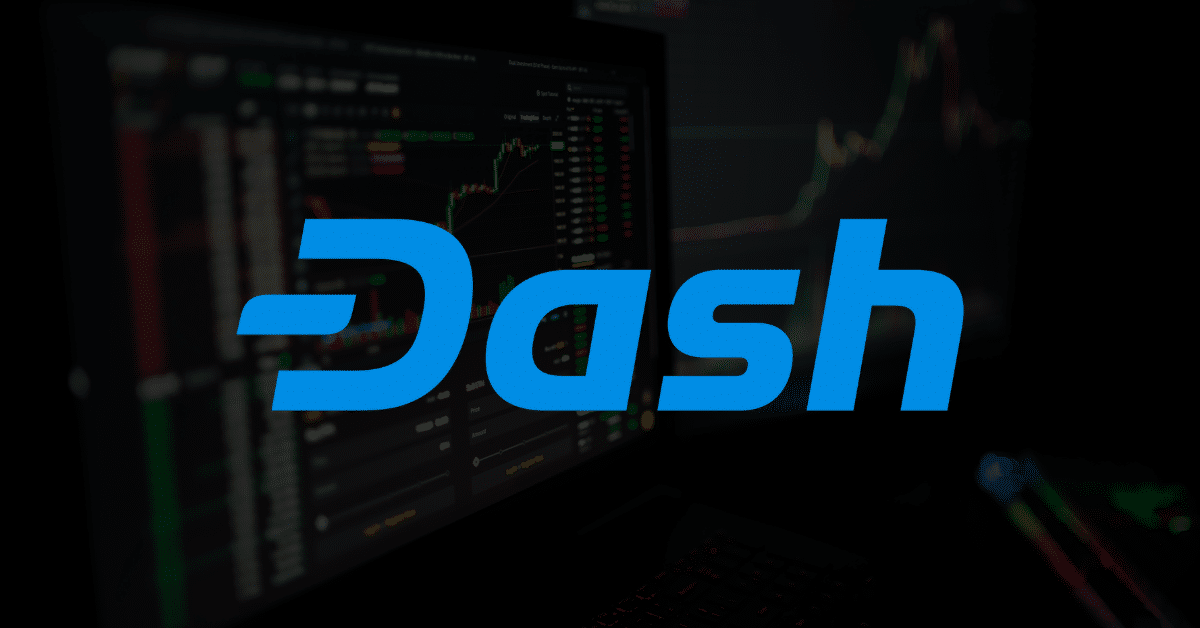Key Takeaways
- The official Chinese X account for PancakeSwap was successfully hacked by bad actors to promote a fraudulent meme coin named “Mr. Pancake.”
- Despite the security breach on a high-profile communication channel, the platform’s native token, CAKE, demonstrated unusual resilience, remaining up over 6% in the 24 hours following the incident.
- Cybersecurity experts attribute the frequent hacking of crypto social media accounts primarily to weak employee security awareness and susceptibility to evolving, often AI-enhanced, phishing attacks.
Details of the PancakeSwap Security Breach
The Chinese X account of the popular decentralized exchange (DEX), PancakeSwap, which operates primarily on the BNB Chain, was successfully compromised by malicious actors.
The hackers immediately used the verified account to disseminate information promoting a scam token called “Sir Pancake,” a typical tactic aimed at exploiting the project’s established trust to deceive users into buying worthless assets.
The core PancakeSwap team was quick to alert users via its main channel, warning against clicking any links from the compromised account and confirming they were working with the X team to regain control.
CAKE Token’s Market Resilience
In the volatile crypto landscape, a high-profile security compromise often leads to a sharp decline in the project’s associated token price. However, the native PancakeSwap token, CAKE, showed remarkable stability and resilience.
Following the hack, the token remained up by approximately 6.4% in a 24-hour period, trading around $4.30. This market reaction suggests that investors largely viewed the breach as an isolated security failure on a social media platform, rather than a deep, critical vulnerability within the decentralized exchange’s core smart contracts or the underlying BNB Chain technology.
The focus for investors remained on the token’s fundamental value and the current bullish sentiment in the BNB ecosystem.
The Human Weakness in Digital Security
Cybersecurity experts emphasize that the recurring pattern of social media compromises in the crypto space is fundamentally a “human vulnerability” issue.
This makes employees the easiest entry point for hackers, bypassing even the most robust technological defenses.
This vulnerability is being exacerbated by the rapid evolution of hacking tools; experts note a 60% increase in incidents involving AI-related phishing and deepfake technology in the past year, which are becoming cheap and widely accessible even to novice scammers.
Enforcing a Multi-Layered Defense Strategy
To mitigate the pervasive threat of social media compromise, industry experts stress the necessity of a rigorous, multi-layered security strategy that prioritizes corporate enforcement.
Key recommendations include mandatory use of strong, unique passwords across all company platforms and the universal adoption of two-factor authentication (2FA). Specifically, experts recommend implementing 2FA that is not tied to a phone number to prevent sophisticated SIM-swapping attacks.
The consensus among security professionals is that companies must take the lead in enforcing these basic security measures to protect their brand and user base from the financial and reputational damage caused by these frequent attacks.
Final Thoughts
The PancakeSwap account hack is the latest demonstration that social media security is the crypto industry’s weakest link, primarily due to human error and advanced phishing. While the CAKE token shrugged off the attack, the incident is a clear call for all projects to mandate and rigorously enforce basic, multi-layered security protocols to safeguard their external communications.
Frequently Asked Questions
What was the scam promoted by the compromised account?
The hacker promoted a fraudulent meme coin called “Mr. Pancake” in an attempt to trick users into sending funds to a scam address.
Why was the CAKE token price unaffected by the hack?
The market viewed the incident as a social media security lapse rather than a failure of the core PancakeSwap DEX protocol, maintaining confidence in the token’s fundamentals.
What is the main cause of these social media crypto hacks?
Experts cite human vulnerability—specifically weak security awareness and susceptibility to sophisticated phishing and AI-enhanced scams—as the primary reason.























